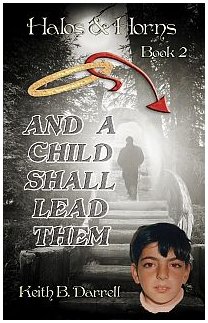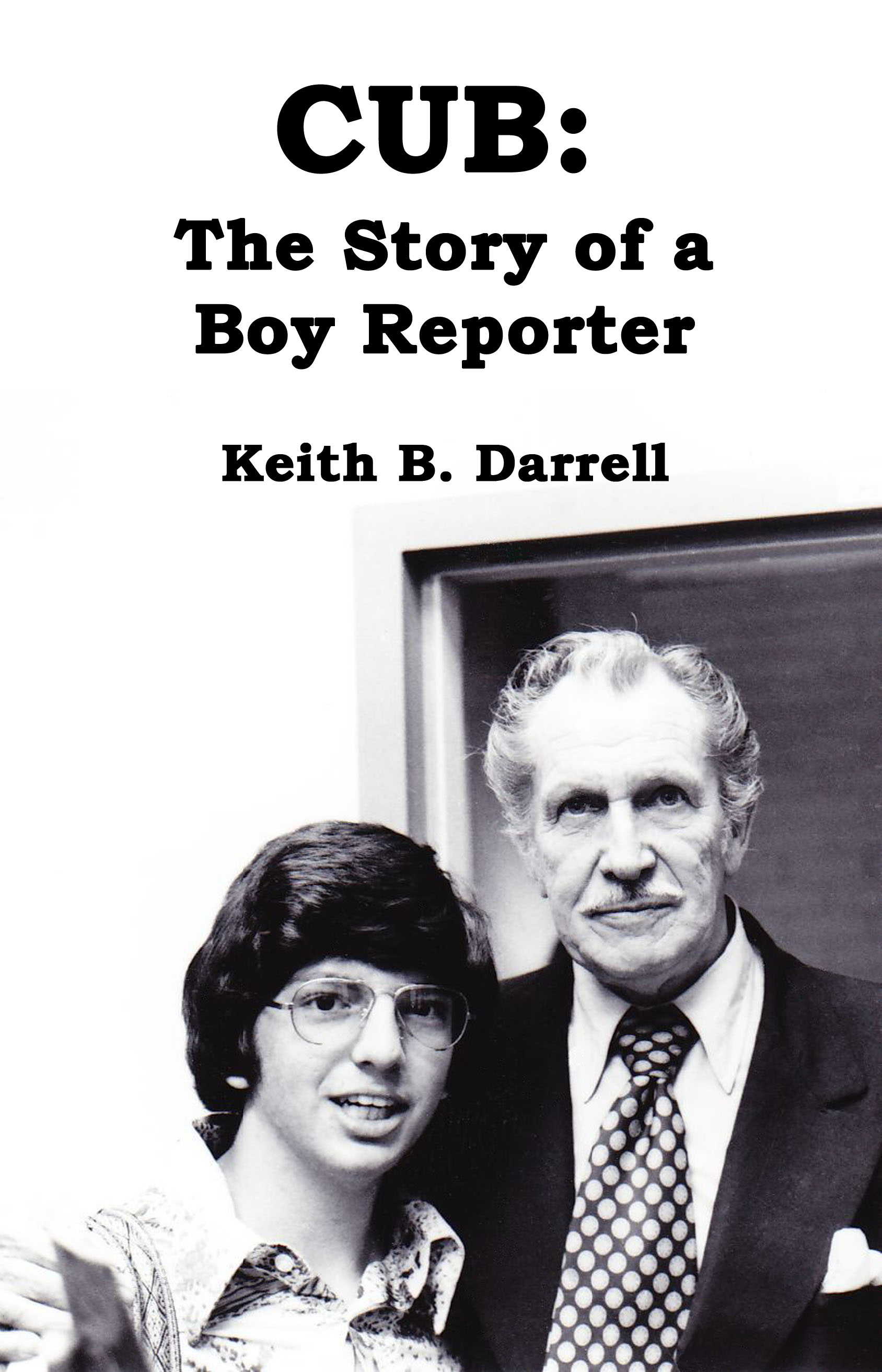I’ve been an eBay member since 1993 which, if you do the
math, is 23 years – a good customer by any measure. However, I’ve informed eBay
that I will no longer be doing business on it site. After you hear why, you may
wish to take your business elsewhere as well.
I listed a collectible item for sale that was rapidly
increasing in value due to anticipation about the premiere of a television show
related to the item. This meant the greatest buyer interest was during the
period immediately preceding the premiere, which happened to fall on Memorial
Day weekend – coincidentally perfect timing for people home from work to browse
on eBay. Someone bought the item for $500 and eBay sent me a notice telling me I now
owed the auction site $50 in selling fees. And then the trouble began.
eBay’s validity as an auction site relies on two principles
that it has established and trumpeted throughout its site and in its marketing:
(1) a bid is a legally binding contract, and (2) it has established a member
feedback system to alert users of members who do not follow its rules. eBay is
a sham because it turns out neither of these two bedrock principles are valid.
The buyer effectively took my item off the market during its
peak selling period for a week. Then, I received this email from the buyer: “I
was wondering if I could please cancel my bid on this item? I had bid on it
over a week ago and in the meantime I have found a nice one for a great price
that I have purchased.” So he entered into a legally binding contract to
purchase an item from me, thereby preventing me from selling it to anyone else,
while he shopped around locally and found a better price. This type of behavior
is explicitly prohibited in eBay’s rules and with good reason — if buyers could
cancel their winning bids simply because they found a better price on or off
line then the majority of sales on eBay would fall through.
Now I’m not completely unsympathetic. There are, to my mind
at least, acceptable reasons why one might need to cancel a sale. But “I found
a better price somewhere else” isn’t one of them. Still, I was willing to give
him the benefit of the doubt, so I looked into the buyer’s profile. Was this a
minor or young adult who made a rash impulse purchase or who didn’t know what
he was buying? No, it turns out the buyer was an adult who owned a
brick-and-mortar store that specialized in selling such collectibles. He knew
exactly what he was buying and probably had his own buyer lined up locally who
backed out.
By not paying for his winning bid not only was I losing
money but so was eBay. Surely eBay would insist its member honor both the
contract with me and his own contract with eBay in which he had agreed to abide
by the auction sites rules. Nope. The best eBay would do was to open an “unpaid
item case”. It reviewed the situation and “resolved the case in my favor.” Does
that mean I got paid? Nope. All that meant was that I no longer owed eBay the selling fees for an item the buyer never paid for. Well, duh. That was a
no-brainer. We could have figured that out without going through a four-day
dispute process.
Was the deadbeat buyer banned from eBay? Nope. Was he
punished in any way for violating the site rules and breaking what eBay
constantly calls “a legally binding contract”? Well, you tell me. eBay said the
buyer would receive a “negative strike”. Would it appear on his profile to warn
others? Nope. Negative strikes are invisible – no one sees them. But if you get two or three of them, you
may not be able to bid on certain sellers’ items for a brief period of time.
Note these limitations: multiple strikes, only affects certain items, and then
only for a limited period. But this buyer has only received one negative strike
so that means… Nothing. This is eBay’s version of the “one free bite” rule. So
for breaking the rules and breaching two contracts eBay rewarded him with an
invisible Scarlet Letter that had absolutely no effect on him.
But wait! What about the eBay feedback system? Surely I
could leave negative feedback on the deadbeat buyer's profile warning other
sellers that he buys items and doesn’t pay for them. This is important
information for other sellers to know and in fact underlies the foundation of
the feedback system. Except it’s a farce. Worse, the feedback system is a lie
and a misrepresentation. This particular buyer has 263 positive ratings and 0
negative ratings, which would lead any seller like myself to believe he is an
honorable buyer. Here’s the lie: when I attempted to leave my feedback, the
site would not allow me to do so. I phoned eBay and a representative explained
sellers were not allowed to leave negative feedback for buyers (however the
reverse was not true, buyers could leave negative feedback for sellers). This
was not the case when I began using eBay in 1993 but along the way this policy
has been implemented. So that means it is impossible for the buyer to have
anything but a positive rating. Think about that. eBay’s much vaunted feedback
system is a sham that misrepresents the very thing it is supposed to describe:
the integrity of the user. The buyer can screw over a seller with impunity and
negative feedback will never be displayed on his profile.
So eBay is an auction site that states its bids are contracts, but they are illusory contracts at best because purchasers can back out without penalty. eBay’s feedback system misrepresents the integrity of buyers, contrary to its stated purpose, by not allowing negative feedback to describe unscrupulous behavior by buyers. Still want to sell your item on eBay? Think again.















































No comments:
Post a Comment